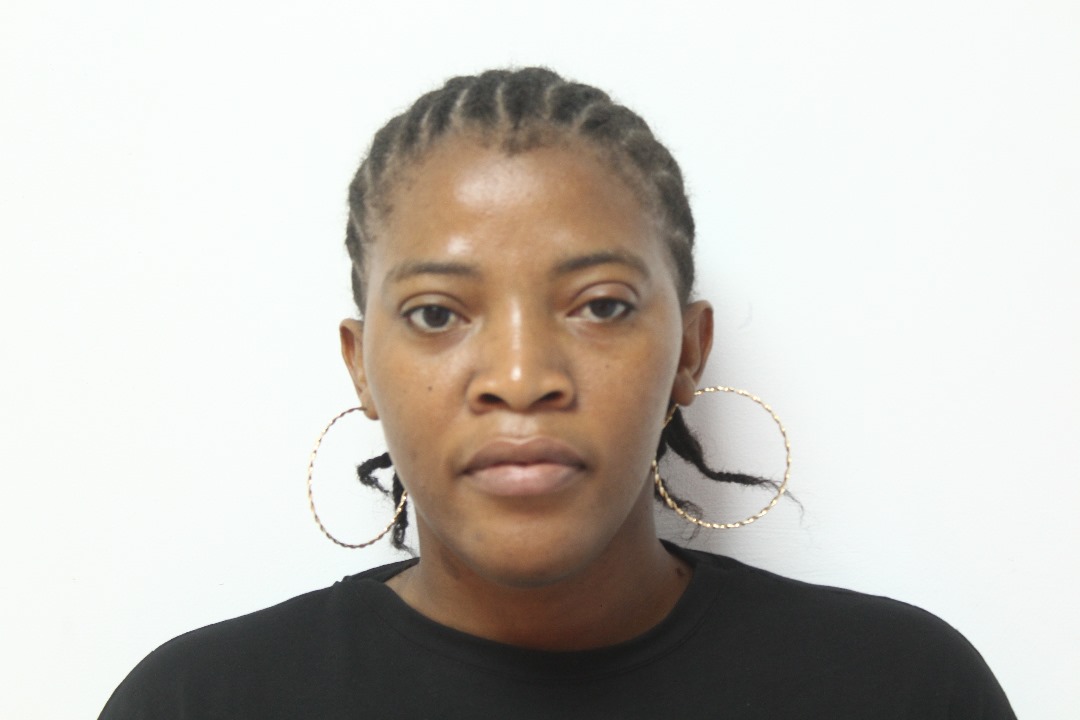All roads led to Ijebu Ode, Ogun State, on June 8, 2025, as the iconic 2025 edition of Ojude Oba Festival shone over every other celebration in Yorubaland. It was the biggest year of the century-old celebration that usually unites the Ijebu people and beyond. This colourful event, held three days after Eid al-Kabir, otherwise known as Ileya, attracted admirers, dignitaries, and entertainers from all over the globe, as well as locals who converged to show loyalty, appreciation, and solidarity with the revered monarch, the Awujale of Ijebuland, Oba Sikiru Adetona.
This year’s edition took place in full throttle, and as usual, it was a high-level display of glamour, colours, and jaw-dropping attire, characterised by cultural fashionistas and captivating performances, as the crème de la crème of Yoruba celebrities and eminent personalities graced the occasion.
The event may have come and gone, while its memories still linger, but the call by the state government to have the annual event on the UNESCO’s Intangible Cultural Heritage list has continued to fall on the deaf ears of the international body. While events like the Regberegbe’s colourful parade, processions of the Baloguns warriors gallantly riding horses, as well as other side attractions, portray the deep historical significance of the festival and would continue to hold the globe spellbound, several unreported flaws in this year’s edition of the festival may have prompted UNESCO officials to turn a blind eye to those requests.
Below are five reasons why Ojude Oba is missing out on the UNESCO’s Intangible Cultural Heritage list.
1. Choice of venue/crowd management
The choice of Awujale Pavilion in Ijebu Ode has been one of the major setbacks of this glamorous festival. The venue was referred to as the most suitable choice by the organisers of the event, but over the years, the venue has continued to shrink year by year, given the large numbers of dignitaries, foreign visitors, as well as Nigerians in the diaspora who turn up at the event.
At this year’s event, many celebrities—even those with no Ijebu roots—now see the event as an avenue to make bold fashion statements and project their cultural heritages. For the first time in a long time, this year’s edition had entertainment top brass in attendance. Actors like Lateef Adedimeji, Ibrahim Chatta, juju legend Ebenezer Obey, fuji star Sulaimon Alao, and Shefiu Alao featured and performed at the event.
As new faces keep turning up every year, the pavilion is stretched beyond its limit, and safety becomes a major concern. There were reports of locals who fainted as the crowd tried to get a glimpse of the show. There have been reports of slow responses from emergency services, such as the fire service, while security operatives toiled to avoid a stampede.
Solution:
1. Depopulate the centre
Organisers must take a bold step to depopulate the centre. There are two options in doing this: the city should be divided into five different centres where events will be held. Each of these centres must play host to every event that is expected to take place at the Awujale Pavilion. Top dignitaries will have their seats at the pavilion, while celebrities will appear briefly at each of the five centres. Although some locals will insist on heading to the pavilion, many would prefer to pick any of the nearest centres to enjoy themselves once they know they won’t be missing much. This will help reduce the crowd and prevent any stampede. Getting a bigger venue like a stadium is paramount to accommodate the crowd.
2. Poor organisation
The unrivalled fashionista parade display from Regberegbe’s colourful parade has caused visitors to turn a blind eye to some of the flaws of the festival. But when you look closely, several events are poorly organised. More should be done to spice up the horse parade, as it is done in the Durbar Festival. The main Ijebu Ode roads should have a feel of the horse parade en route to the pavilion.
Events of the Ojude Oba should be broken into fragments and celebrated over two days, unlike its usual one-day show. Day one should be devoted to the cultural display of Ijebu people—their foods (Ifokore, Ebiripo, etc), dressing, history, as well as the vision behind the event. Other Yoruba states should be invited to showcase their cultural dances and dress as well. Day two will then feature the usual horse display, Regberegbe’s colourful parade, local hunters, and musical performances from guest Yoruba artists.
Also, the festival’s increasing focus on commercial activities and lavish displays has led some to question its original purpose and cultural significance. Organisers must stick to the plan: display of Ijebu culture.
It is no gainsaying that police and other security outfits had a hell of a time at this year’s event, given the presence of hoodlums who besieged the festival. There have been instances of pickpocketing at the event. The organisers must spend more on security to protect lives and property.
3. Use of chemical substances (like gunpowder) that burn rapidly, creating expanding gases
The local hunters almost turned this year’s event into a bloodbath after one of the shots emitted expanding gases and a projectile, which landed on one of the horse riders. He was later taken to the nearest hospital, and it took the efforts of doctors to save his life. UNESCO pays special attention to the safety of guests and would not compromise its conditions when considering any festival for its World Heritage List. Moving forward, organisers must take precautions by forbidding local hunters from carrying firearms in subsequent festivals. A simple parade is enough to show their presence during the festival.
4. Poor road network
Ijebu Ode lacks good roads, to say the least, and the Ogun State government must spend more to rehabilitate these roads to encourage international visitors. Most of the visitors who graced the events from other states expressed their reservations over the bad road network in the city, leaving many stranded in their cars. “My biggest challenge so far is the bad roads. It was hellish driving through the city, and I won’t even consider driving down next time,” a visitor named Ademola Daniels told The Guardian.
5. Bad hotels
While some of the hotels in the city are good on paper, spending a night there could leave a sour taste in your mouth. A visitor from Lagos narrated his harrowing experience at the X Hotel, where he spent the night without any running water.
“I couldn’t believe my eyes when the management of the hotel I was staying at had to buy water from hawkers because the hotel lacked running water. I travelled from Lagos to be part of the fanfare only to spend the night in a hotel that lacked basic amenities like water,” Biola Soyombo lamented. The organisers can commence accreditation for hotels and select some of the good ones. This will go a long way to encourage healthy competition, knowing full well that selected hotels stand to enjoy government grants to upgrade their facilities.








